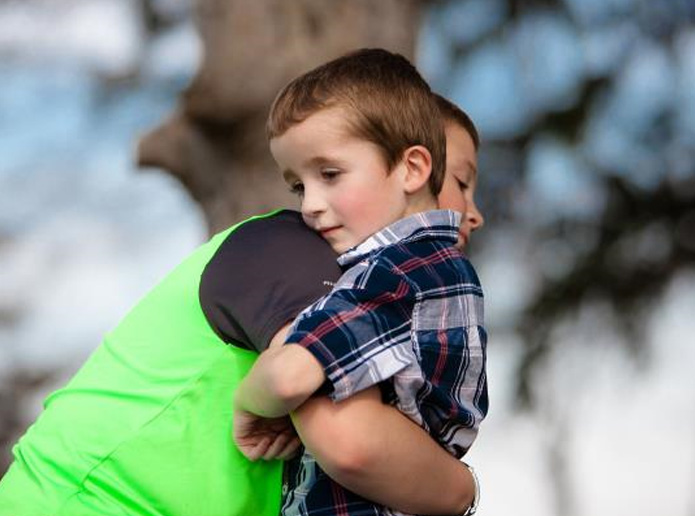As adults, it is hard not to be upset by media coverage of unfolding disasters and tragedies. It is even harder to cope with if you are a small child.
When young children are exposed to a traumatic experience, their first response is usually to look for reassurance from the people closest to them.
Helping children cope with trauma
The most important adults in a young child’s life are their parents or carers.
You can provide security and stability for children by:
- answering questions in words they understand;
- helping them develop an understanding of the events;
- helping children expand their “feelings” vocabulary;
- reassuring them that they are safe;
- showing love and affection;
- keeping things as normal as possible; and
- directing them to an activity that you enjoy together
Keep an eye on their emotional reactions to things for a little while.
If you are concerned, seek further support or advice.
Want to know more?
KidsMatter – Trauma: Suggestions for families and staff
Australian Child & Adolescent Trauma, Loss & Grief Network – Talking to children and young people about trauma
The Raising Children Network – Preschoolers: coping with trauma and School age: coping with trauma
To speak to someone about helping young children cope with trauma, call the Ngala Parenting Line on 9368 9368 or Country Access 1800 111 546 from 8.00am to 8.00pm, Monday to Sunday. You can also request a call from the Ngala Parenting Line online.
If you still have questions, contact our Parenting Line
